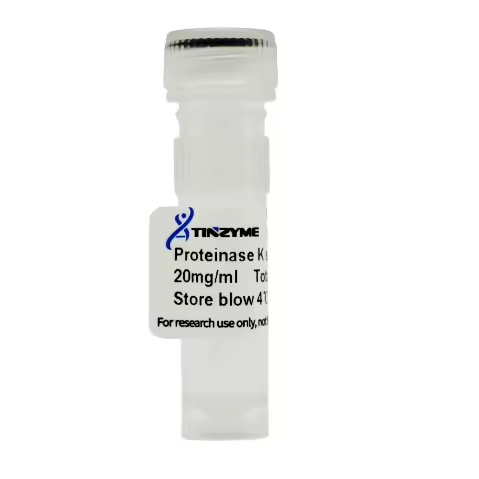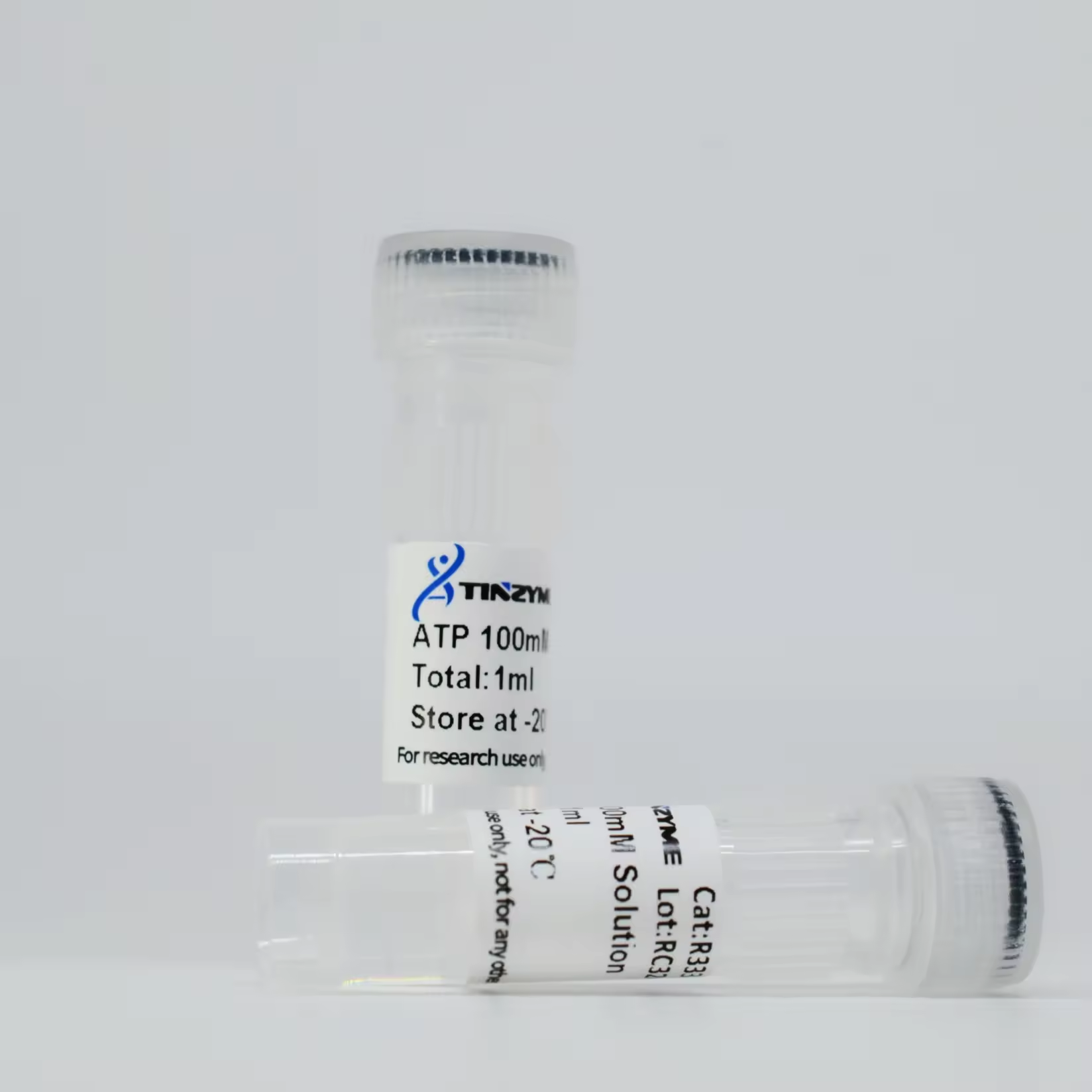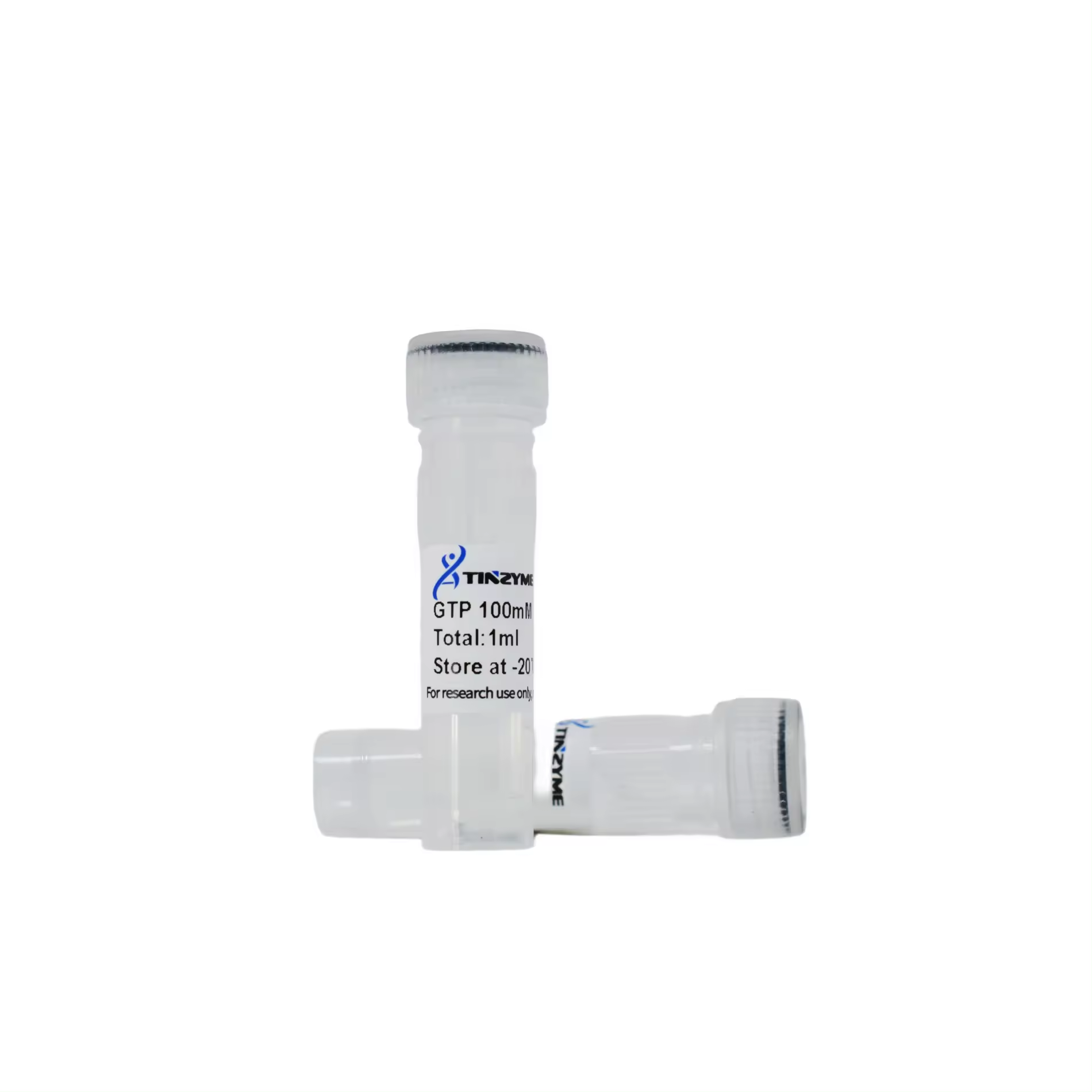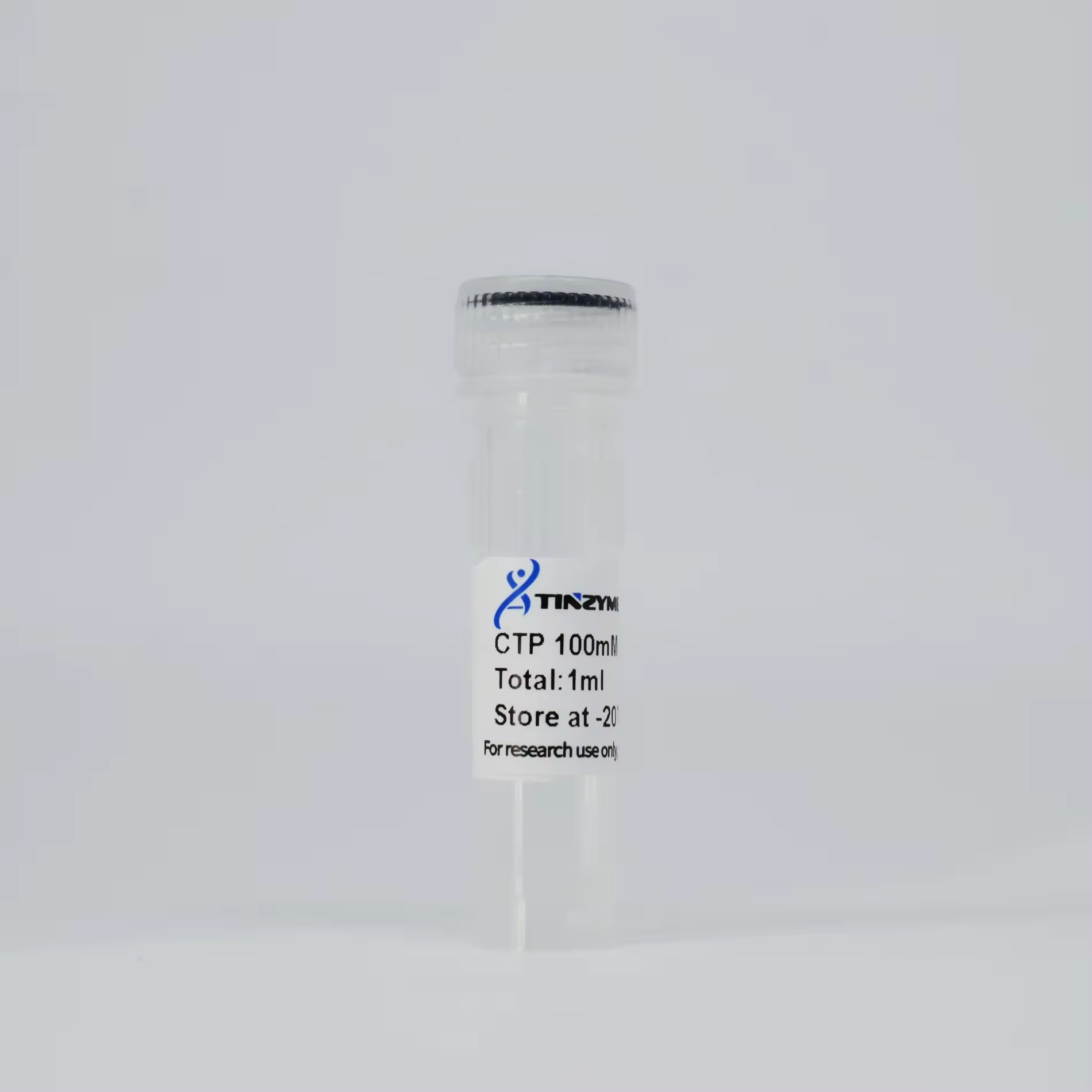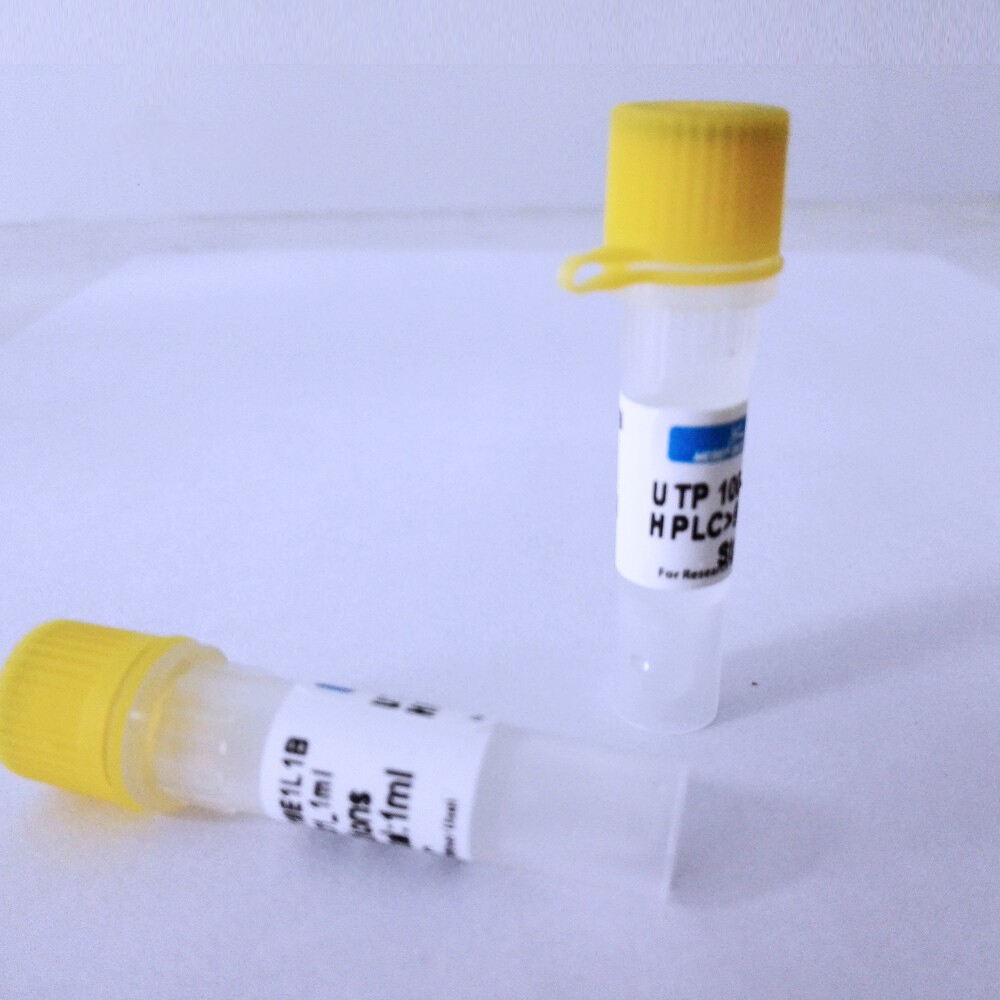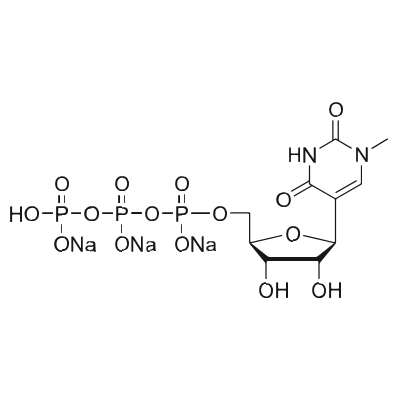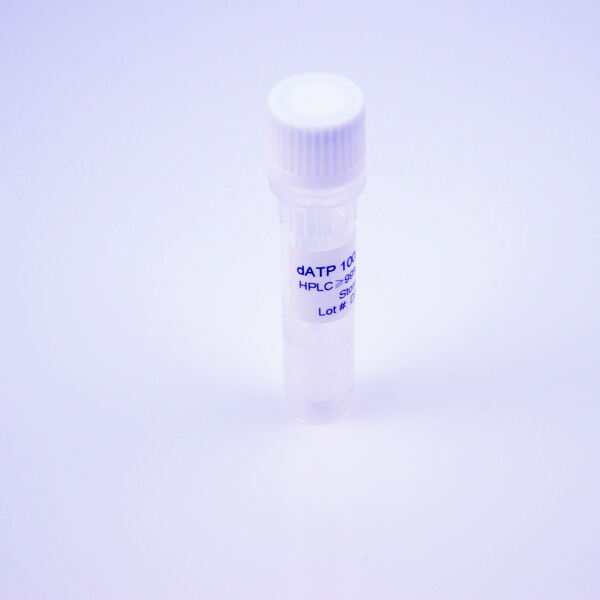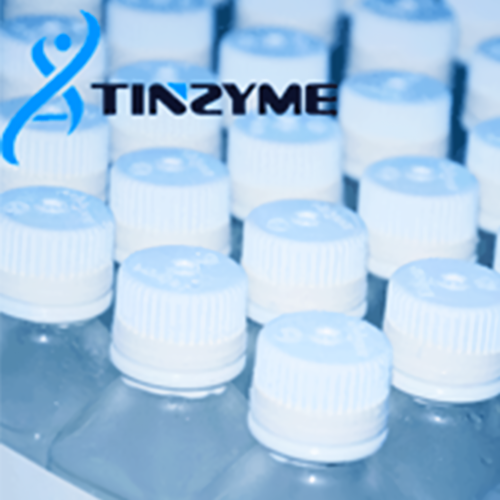Proteinase K Solution, 20mg/ml, Room Temperature Stable, High Purity, Broad-Spectrum Serine Protease for DNA/RNA Extraction & Protein Degradation in Biological Samples, Enhanced Stability and Consistent Performance
- Introduction
Introduction
Description
proteinase k Solution, 20mg/mL Our premium Proteinase K Solution offers a highly concentrated and pure form of the broad-spectrum serine protease enzyme. With a concentration of 20 milligrams per milliliter, this stable formulation is designed to maintain its enzymatic activity even at room temperature, ensuring convenient handling and storage.
This solution not only exhibits remarkable enzymatic activity but is also formulated to maintain its potency even under ambient conditions, providing researchers with unparalleled convenience in handling and storing this essential reagent.
Product Name |
Proteinase K |
Molecular Weight |
28,900 D |
CAS Number |
39450-01-6 |
EC Number |
3.4.21.64 |
Concentration |
20mg/ml |
Source |
Tritirachium album limber |
Product Number |
PK02 |
Package size |
1ml 5ml 10ml 25ml 50ml OEM, bulk and private label are all available |
Specific Activity |
680-800 U/ml |
Purfity |
>99.9% |
Storage Conditions
Daily/Weekly use: Store vial at RT
For long term storage (Infrequent use; 1-2 times per month): 2-4°C
Expiration date three year of powder and 12 months of sterile liquid
Storage Buffer: 20 mM Tris-HCl (pH 7.4), 1 mM CaCl2, 50% Glycerol (Dilution buffer without glycerol).
QC Assays
Unit Definition: One unit is defined as the amount of enzyme that will liberate 1 μmol of tyrosine per minute at 37ºC, pH7.5.
DNase Activity: None detectable enzyme activity with λ DNA after 6 hrs incubation at 37ºC.
RNase Activity: None detectable ribonuclease activity after 16 hrs incubation at 25ºC.
Applications
Proteinase K is a broad substrate non-specific serine proteinase. It is very stable at pH 4-12. It was used
on isolating mRNA, genomic DNA and digesting unwanted proteins during DNA and RNA preparations
from different kinds of cells. It’s been used on glycoprotein modification and protein structure studies
also. Proteinase K is active with SDS, urea and EDTA.
Proteinase K is used for the isolation of native high molecular genomic nucleic acids. Enzymes like
DNases and RNases from microorganisms and mammalian cells are rapidly inactivated by Proteinase K.
Adding Proteinase K already during the cell lysis enables the isolation of highly native undamaged high
molecular DNA or RNA. A variety of methods have been established, which are documented in
numerous publications.
Recently, Proteinase K has been used for the detection of BSE forming proteins which are uniquely
resistant towards the enzyme’s proteolytic cleavage.
Proteinase K is very useful in the analysis of membrane structure by means of modification of proteins
and glycoproteins on cell surfaces.
Because of the cleavage specificity Proteinase K, characteristic fragments of proteins are obtained which
are helpful in revealing the structure and function of proteins, particularly enzymes.
Its compatibility with substances like SDS, urea, and EDTA further enhances its utility in a wide range of
experimental conditions.
Other Names
Proteinase K
endopeptidase K
Tritirachium alkaline proteinase
Tritirachium album proteinase K
Tritirachium album serine proteinase

 EN
EN
 AR
AR
 BG
BG
 CS
CS
 NL
NL
 FR
FR
 DE
DE
 EL
EL
 HI
HI
 IT
IT
 JA
JA
 KO
KO
 PL
PL
 PT
PT
 RO
RO
 RU
RU
 ES
ES
 SV
SV
 TL
TL
 IW
IW
 ID
ID
 SL
SL
 UK
UK
 VI
VI
 ET
ET
 HU
HU
 MT
MT
 TH
TH
 TR
TR
 FA
FA
 AF
AF
 MS
MS
 GA
GA
 AZ
AZ
 UR
UR
 BN
BN
 MN
MN
 MY
MY
 UZ
UZ
 KU
KU

